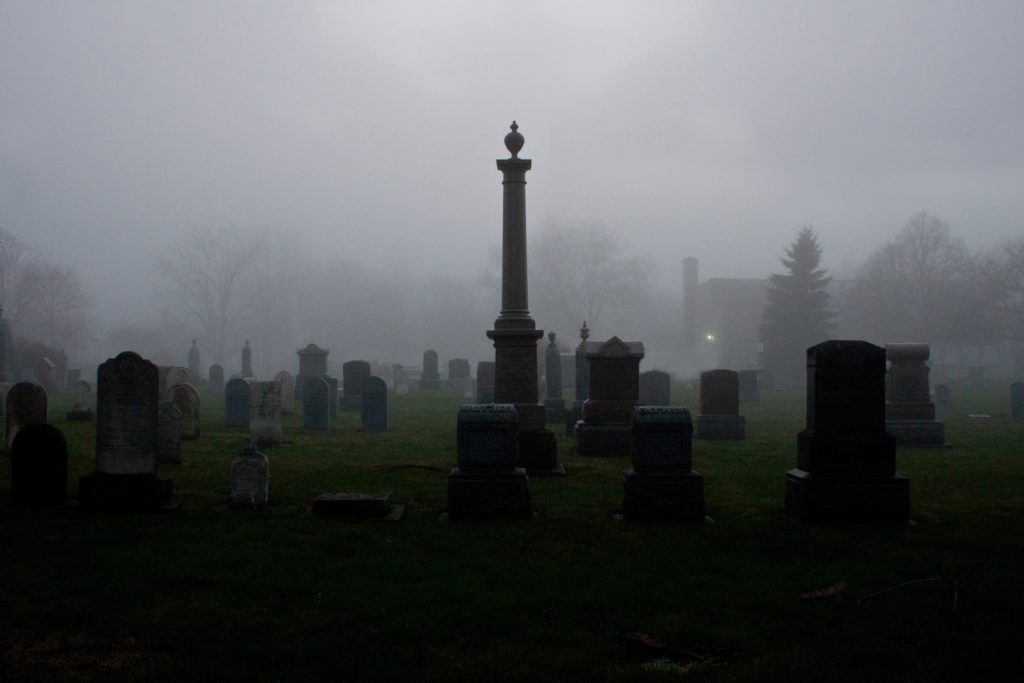
Part 1: Introduction | Part 2: Preparing | Part 3: The God of All Comfort | Part 4: Life (from Death) in the Body | Part 5: Joyful Grief | Part 6: Pain with a Purpose
It’s said that only two things are certain: death and taxes.
There’s not much I can say about the taxes part—other than that you should pay them (Ro 13.7)—but in this series we’ve seen a lot that the Bible says about death.
- It’s not part of the original design.
- It’s a temporary problem; it will be destroyed (1Co 15.54).
- In the meantime, we are in a position to take dominion over it, even as it appears to be winning.
- We can prepare for it in ways that are eternally significant.
- We can call on supernatural sources of comfort even as we face it.
- We can tap into comfort from those God has kindly placed around us and organized for that purpose.
- We can find genuine reasons to praise God even as we grieve.
- We can become better people through the experience.
- And we can use that experience to help others become better people as well.
We … exult in our tribulations, knowing that tribulation brings about perseverance; and perseverance, proven character; and proven character, hope (Ro 5.3-4).
Sin and death are facts of life. They’re nasty, they’re brutal, and they’re not fair. But they are not all there is, and they are not winners in the end. There is a God who is greater than our greatest enemies. He is stronger and wiser than we are, and He also good. In the valley of the shadow of death, you can trust Him.
- You can trust Him to love you more than anyone else ever can.
- You can trust Him to walk with you through the valley.
- You can trust Him
- to make sense out of the senseless;
- to bring joy out of sorrow;
- to bring purpose out of pain.
- You can trust Him to meet your eternal needs just as well as He meets your temporal needs.
- You can trust Him now. You can trust Him forever.
So trust Him. There is no peace, no joy, no forgiveness, no safety, no meaning anywhere else. And he has all those things in infinite supply.
Come unto me, all ye that labour and are heavy laden, and I will give you rest. Take my yoke upon you, and learn of me; for I am meek and lowly in heart: and ye shall find rest unto your souls. For my yoke is easy, and my burden is light (Mt 11.28-30).
Ho, every one that thirsteth, come ye to the waters, and he that hath no money; come ye, buy, and eat; yea, come, buy wine and milk without money and without price (Is 55.1).
As often as you go to that well, you will find fresh, clean water for your soul.
Death, be not proud, though some have called thee
Mighty and dreadful, for thou art not so;
For those whom thou think’st thou dost overthrow
Die not, poor Death, nor yet canst thou kill me.
From rest and sleep, which but thy pictures be,
Much pleasure; then from thee much more must flow,
And soonest our best men with thee do go,
Rest of their bones, and soul’s delivery.
Thou art slave to fate, chance, kings, and desperate men,
And dost with poison, war, and sickness dwell,
And poppy or charms can make us sleep as well
And better than thy stroke; why swell’st thou then?
One short sleep past, we wake eternally
And death shall be no more; Death, thou shalt die.
John Donne (1572-1631)
Photo by Scott Rodgerson on Unsplash




